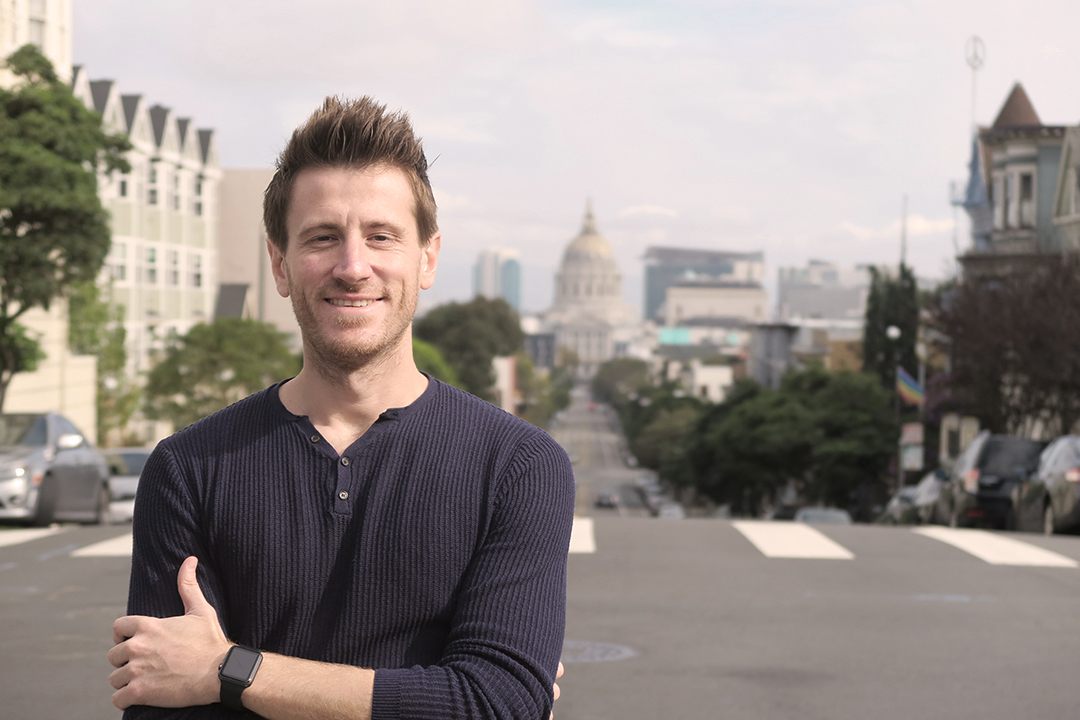"I am an engineer in love with the intersection of technology and entertainment", is how Pol Jeremias Vila defines himself on his own website. Pol holds a Bachelor's degree in Multimedia Engineering from La Salle-URL and a Master's degree in Computer Science from the University of Southern California. He is currently working at Pixar on projects such as the company's premiere, "Coco". But before entering the world of animation, Pol began working as a graphic engineer in Digital Legends, one of the first startups born in the Innovation Park La Salle Technova Barcelona, until 2006 when he had the opportunity to do research in graphics at the University of California Irvine and did not hesitate. Since then he has lived in San Francisco, a city he loves, and where he continued to play video games in companies such as LucasArts (Star Wars 1313 and Star Wars : The Force Unleashed 2). And since 2015 he has been at Pixar Animation Studios, where he has worked on his most recent films such as "Finding Dory" and "Cars 3".
The world of video games and animation is not so different. Pol explains that "from the outside it may seem that video games are very different from movies but technically they are very similar, and are gradually converging more and more at a technical level. Much of the technology used to make video games is now used to make movies, and vice versa". "Deep down I do things similar to what I did in video games but on a much larger scale, algorithms that allow us to pre-visualize the environments and characters in our films" he adds. Among other things, Pol investigates what the tools of the future might look like for making films.
About his experience in California, he says that the companies he has worked for try to create "an environment where being creative (both technically and artistically) is respected and desired". Hourly flexibility is also respected, "as long as the work is done on time no matter when you arrive or leave" and another important factor is that companies that can offer a stake in the company to try to get the worker to stay as long as possible, and the worker may even choose to reduce his or her salary to have more participation in the company.
And in general, in his professional career, he believes that De La Salle helped, since "he laid the foundations and then each one had to make an individual effort to extend the knowledge further. Personally, when I left for the United States I wanted to go deeper into the search for algorithms for computer graphics, in addition to improving my English. The bases were there and the education I received at De La Salle helped me later to do a master's degree at the University of Southern California and then I got my first job in the United States at Lucasfilm in Sant Francisco".
As an engineer in the world of entertainment, Jeremy considers that "spending a few years at university to learn the basics of computers, graphics and mathematics helps much later in the job market". Pol advises those who want to dedicate themselves to this world to share, "Share all that you do. If you are artists, share the pieces you create, join local communities, and listen to constructive advice and criticism. If you are programmers, share the code anyway. And above all, travel, not only to see the world and learn from other communities, but also to go to conferences and share what you do with the community, you never know where the next opportunity will come from!”.

